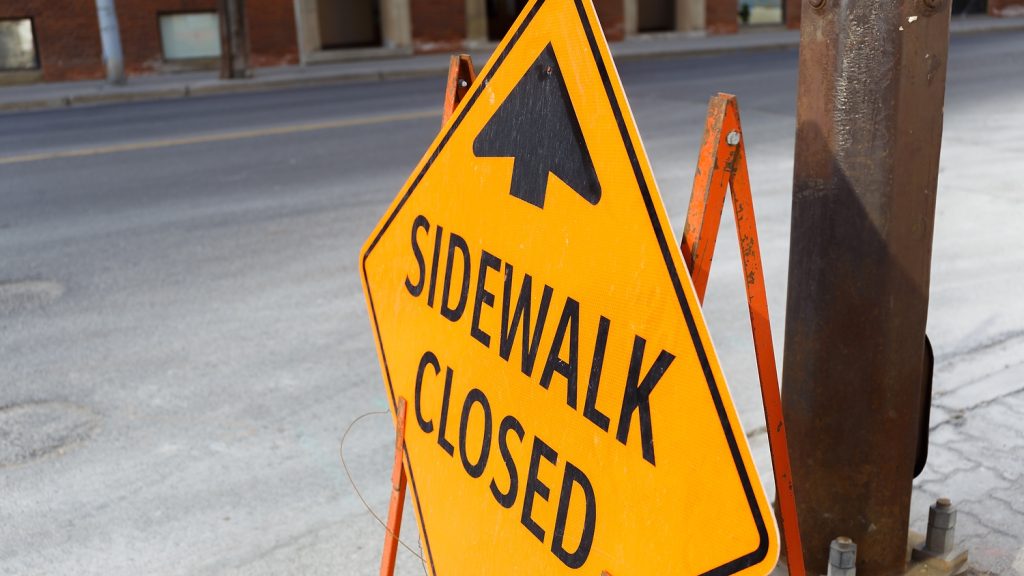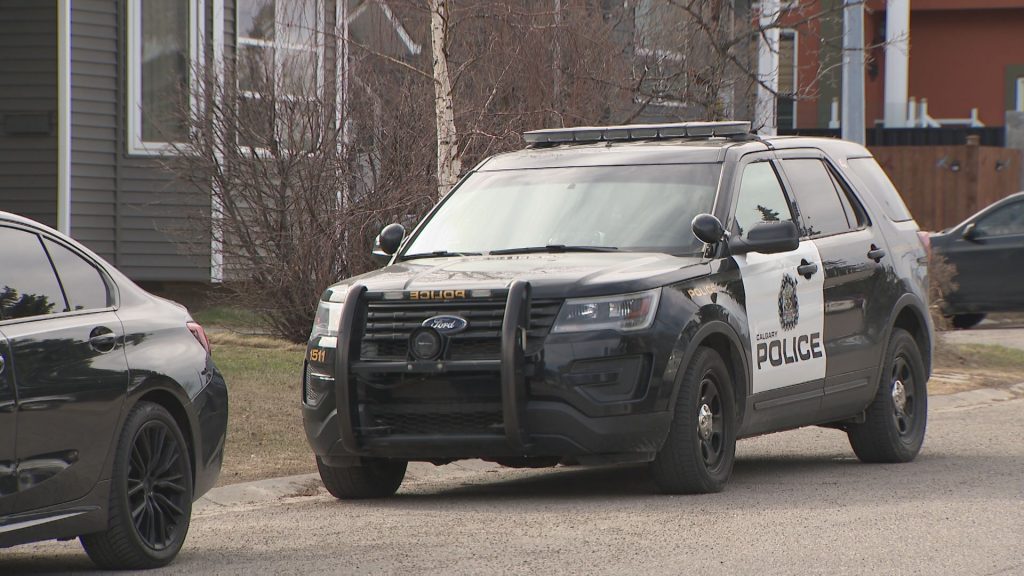NDP want MPs in the penalty box or suspended for bad behaviour in Commons
Posted Jan 29, 2013 6:22 pm.
This article is more than 5 years old.
OTTAWA – The NDP is making yet another attempt to bring civility to the raucous House of Commons by proposing a graduated series of penalties — up to and including suspension and loss of pay — for MPs who go too far in personal attacks.
NDP House leader Nathan Cullen tabled the motion just one day after Charlie Angus — a member of Cullen’s own party — was admonished by Speaker Andrew Scheer for describing Conservative rival Pierre Poilievre as wearing a “clown nose.”
The NDP motion targets “harassment, threats, personal attacks, or extreme misrepresentation of facts.”
“There is no workplace in this country that would accept that kind of behaviour,” Cullen told a news conference Tuesday. “So why do we accept it in the House of Commons?”
Canada’s parliamentary chamber has been the scene of fiery exchanges since Confederation.
On defeating Sir Wilfred Laurier as prime minister, Sir Charles Tupper remarked, “Sir Wilfrid is too English to me.”
Pierre Trudeau once discerned that a political foe was set to rise to denounce him and suggested: “My honourable friend disagrees with me — I can hear his head shaking.”
Former justice minister Ray Hnatyshyn once referred to Liberal MP John Nunziata as “the honourable member from Snakeville.” In 1997, former Reform MP Darrell Stinson described Conservative Leader Jean Charest as a “chubby little sucker.”
Physical altercations are rare, but Cullen believes he came close to a tussle in December when government House leader Peter Van Loan crossed the floor to admonish him during a sulphurous, finger-jabbing exchange of words briefly caught by parliamentary cameras. Defence Minister Peter MacKay and NDP MP Paul Dewar both stepped in to intervene in what some called a “near brawl.”
Van Loan later apologized for swearing during the encounter and asked Cullen to say sorry as well.
Steeper penalties are needed to stop the behaviour that mars question period and turns off Canadians, Cullen said.
Penalties for MPs who fail a test of parliamentary civility would begin with a warning, then suspension from the House and loss of a day’s pay, with a five-day suspension for a third offence and 20 days for a fourth.
If the motion advanced, the details would need to be hashed out by the standing committee on procedure and house affairs, said Cullen. His office clarified after the announcement that the proposal’s intent is not to stop a member from voting, just from speaking in the House.
Having your say in Parliament is a privilege, said Cullen. “Canadians don’t elect people to go and be partisan bulldogs screaming out constant mistruths and personal attacks.”
Cullen admitted the definition of bad behaviour is subjective but said he isn’t worried about giving the Speaker too much power.
“Suspensions only come after a series of warnings,” he said. “It’s not going to be the Speaker throwing people out of the house or silencing them, this is talking about a repeat offender.”
Some MPs don’t talk during question period because they hate it, said Cullen, who suggested a more civil House would make debate more inclusive.
“We’ve had MPs leave the chamber crying,” he said. “That’s not a good, healthy work environment. That’s not a place where we can attract new and bright talent to Parliament.”
Fraser Malcolm, a spokesman for Van Loan, said the Speaker “already has most of the authority suggested by this motion,” but added that the Conservatives are still open to studying it.
Cullen’s proposal is far from the first time someone has tried to rein in MPs, nor will it likely be the last.
Conservative backbencher Michael Chong tabled a motion in 2010 to reform question period that would have allowed more time for answers and bolstered the Speaker’s authority. The motion died when Parliament was dissolved in 2011.
In introducing the motion, Chong said question period had become more about rhetoric and sound bites than substantive debate. Cullen’s proposal would have applied to all House debate, inside or outside of question period.
The rules of Parliament already allow the Speaker to give the floor to another member if an MP ignores a call to order. If the MP persists, they can be kicked out of the house for the rest of the day.
Neither Scheer nor his predecessor Peter Milliken ever expelled an MP from Parliament.
Simply throwing members out won’t work, said Milliken. “That isn’t much of a punishment. Most members are glad to take off and then work in their office or go to a committee meeting.”
Years ago he recommended docking pay or even cutting off travel and house expenses, said Milliken. “Making the punishment harsher can be more effective.”
The last time someone was booted from the chamber was during the bitter national unity debates of Gilbert Parent’s tenure as Speaker.
Scheer’s office said the Speaker does not comment on issues before the House.
Just before the holiday break, Scheer told MPs he isn’t the only one responsible for keeping the peace.
“All members will recognize that ultimately, the Speaker must depend on their collective self-discipline to maintain order,” he said.
“My authority to enforce the rules depends on the co-operation of the House.”










